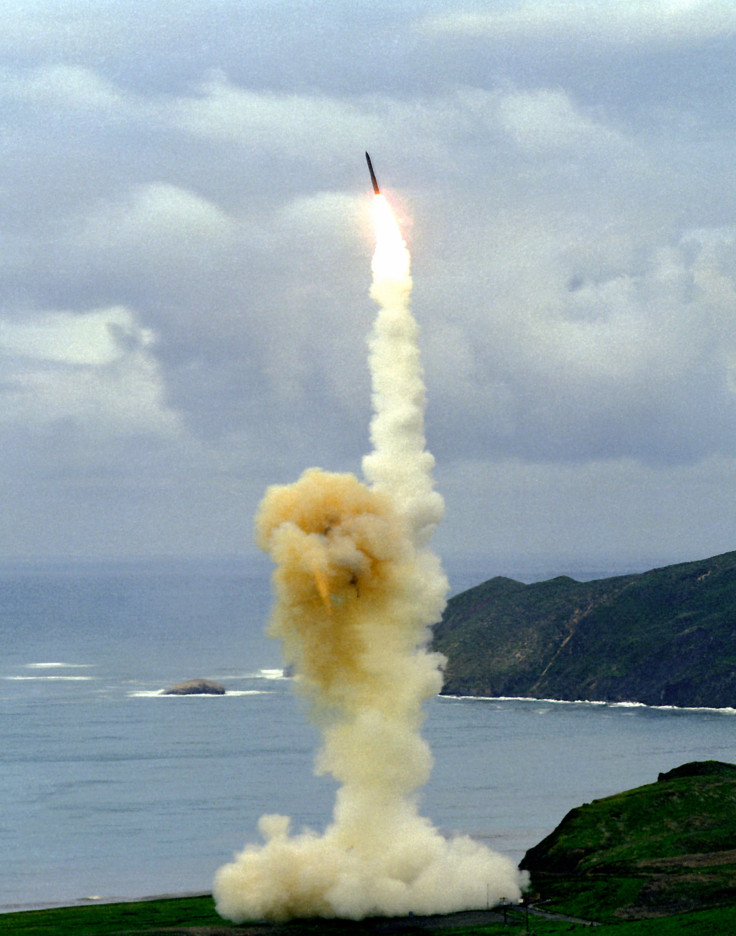Air Force Guards Of Nuclear Missiles Left Blast Doors Open While Asleep

At least twice this year, Air Force guards in charge of launch keys to U.S. intercontinental ballistic missiles have been caught sleeping while leaving open blast doors.
According to the Associated Press, the blast doors are designed to prevent terrorists and other enemies from obtaining access to nuclear missile launch codes or other damaging information. Yet despite the serious consequences, crew members have been officially reprimanded for sleeping with blast doors open twice in 2013.
While Air Force officials entrusted with guarding the nuclear missiles are allowed to take naps on the job, only one of the two guards at a post may be asleep at any given time. If the blast doors are open, the Air Force stipulates that both guards must be awake and active. Blast doors must also remain closed if anyone other than the crew is in the room.
From the Air Force instruction manual on ICBM safety: "One crewmember at a time may sleep on duty, but both must be awake and capable of detecting an unauthorized act if ... the Launch Control Center blast door is open.”
Air Force officials have confirmed to the AP that two launch crew commanders were punished for such violations this year, but admitted that missile guards fall asleep with blast doors open far more often than is noticed officially.
The blast door is not the first line of defense keeping intruders away from nuclear missiles and their launch codes. To access the blast doors, themselves secured in place by 12 hydraulic pins, a potential intruder would have to gain access to an above-ground building, evade security cameras and armed guards, and travel down a secured elevator to the launch room itself. Still, Air Force officials have described the problem as serious, stating that it is absolutely unacceptable for officers to leave the blast doors open while asleep.
"The only way that you can have a crew member be in 'rest status' is if that blast door is shut and there is no possibility of anyone accessing the launch control center," Lt. Gen. James Kowalski, the commander of Air Force Global Strike Command, told the Associated Press.
The Associated Press has found other problems within the ICBM program as well. Morale among missile workers has been low, crews have failed safety inspections, and last week a two-star general in charge of several missile operations was abruptly fired. The Associated Press attributes this lack of discipline in part to “the challenges of keeping safe such a deadly force that is constantly on alert but is unlikely ever to be used.”
© Copyright IBTimes 2025. All rights reserved.






















